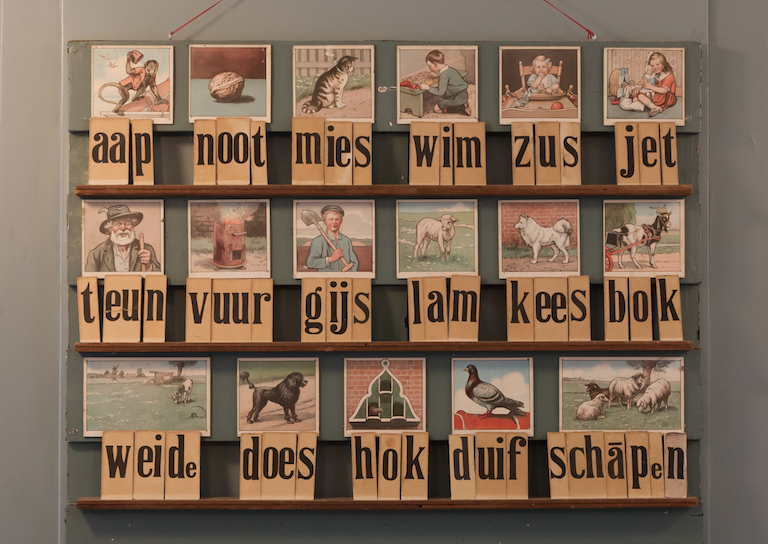Cool-logistics corridor to create 3 million jobs – Murkomen

- by maurya18@gmail.com
- March 27, 2024
Development of a cool-logistics corridor to facilitate transportation of fresh produce by sea will create up to three million jobs, Transport CS Kipchumba Murkomen has said.
Speaking during the signing of agreement between Netherlands and Kenya to develop the facility, Murkomen said the jobs will be created in the horticultural and agro-logistics industries.
He said a well-functioning sea freight logistics system for perishables could double or even triple Kenya’s horticultural exports.
“Glad to have today signed, on behalf of Kenya, an MoU with the Kingdom of the Netherlands to develop a cool-logistics corridor. The MoU I signed with the Dutch Ambassador in Kenya, Maarten Brouwer, will facilitate private investment in cool-logistics infrastructure to support the transportation of fresh produce by sea,” Murkomen said on X.
The CS said the collaboration on the cool-logistics corridor will further deepen relations between Kenya and the Netherlands, which are gateways to East Africa and Europe, respectively.
He noted that the project involves aspects of logistics such as port facilities, transportation networks and regulatory frameworks.
“The cool-logistics corridor aims to set new standards for transporting fresh produce, thus benefiting bilateral trade and aiding the development of Kenya’s agricultural sector,” he added.
The development of the cool logistics corridor will involve building consolidation centers for fresh produce to be transported by sea through Mombasa to international markets.
Since independence, the Netherlands has been among the top five global destinations of Kenyan goods and the largest in Europe.
The CS pointed out that nearly half of Kenya’s flower exports go to the Netherlands, with avocado exports also increasing substantially.
He said the logistics corridor, which will run from Mombasa to Malaba, will also entrench Kenya’s leadership in fighting climate change as sea freight is far more efficient in terms of the carbon footprint (95 per cent lower emissions than air freight).
“Sea transport is also cheaper and hence developing a sea freight logistics system for perishables will enhance Kenya’s competitiveness,” he added.
Murkomen further said ongoing developments around the Port of Mombasa, such as the Dongo Kundu Special Economic Zone, will provide a good environment for private sector investment.
“This is a private sector-led initiative. This MoU, therefore, opens up an opportunity for the private sector to calibrate their infrastructure to suit the cool-logistics regime,” he stated.
The Latest News
-
December 24, 2024Consultatie van CSRD-implementatiebesluit voor accountants gestart
-
December 23, 2024Erik Wennekes Nederlands Kampioen Topklasse libre
-
December 23, 2024Wordt regio Ede of omgeving het nieuwe thuis voor Carolina uit Italië?
-
December 21, 2024Bondscoach rolstoelbasketbalsters op non-actief na meldingen grensoverschrijdend gedrag
-
December 21, 2024Tot en met 31 maart geen voetbal in Nederland

/s3/static.nrc.nl/wp-content/uploads/2024/11/28144833/data124932759-91e855.jpg)



